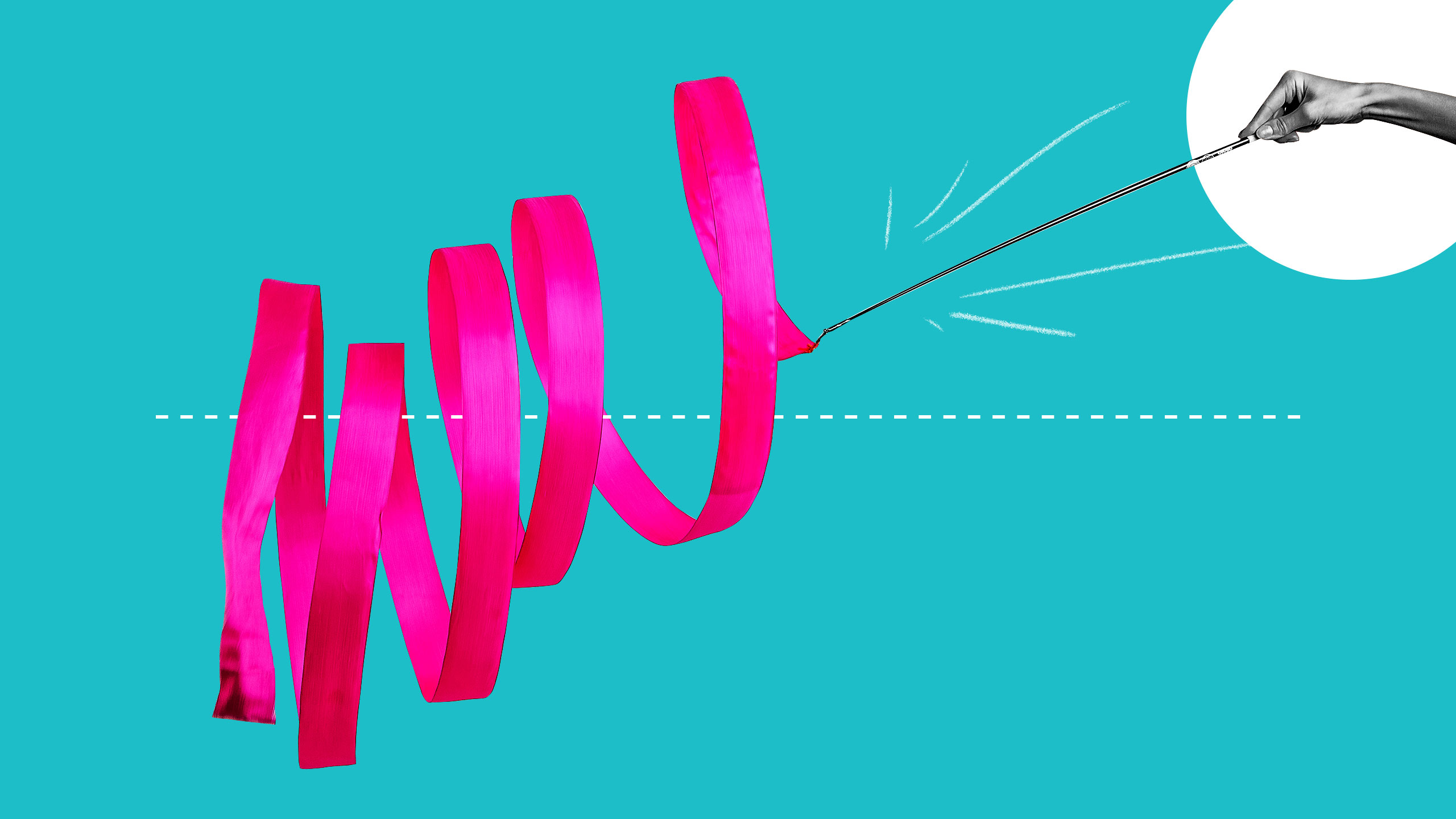That time of the month, Shark Week, Aunt Flo…. From triggering to annoying, periods are part of the lives of millions of people. Whether we talk about them or not, most people with periods get them without support—but period coaches are here to change that.
For LGBTQ2S+ people, our relationship to our menstrual cycle can be tied to our identities. Periods may induce gender dysphoria, need to be tracked for fertility treatments with donor sperm, exacerbate financial distress, put trans people in dangerous situations in gendered public bathrooms or force us to interact with LGBTQ2S+-phobic medical professionals to discuss period pain. Most of the time we navigate all of this alone, since a gynecologist only has so much time per appointment to spend on education or counseling, and most therapists don’t have menstruation-specific training. That’s where period coaches can help.
There are more people than ever calling themselves menstrual coaches, but not all practitioners are equally helpful: while there are many specific ways period coaches can help LGBTQ2S+ people, the burgeoning field is also lacking in culturally competent providers.
Victoria Alexander is a period coach and educator in London, Ontario. Alexander started off in massage therapy school before taking childbirth education classes, and has worked as a reproductive health educator. They found their way to period coaching after having their own period pain dismissed by doctors and becoming “one of the millions of people lost in the system by being thrown on birth control without finding the root cause of the problem.” It took eight years and dozens of appointments for them to finally be diagnosed with lichen sclerosus, a chronic inflammatory condition that primarily affects the genitals.
Now they want to give people the support they lacked. “I basically want to help people feel comfortable and in control of their menstrual cycles in whatever regard that might be,” Alexander says. They provide one-on-one education on topics from birth control to cervical screenings to understanding a new diagnosis like polycystic ovarian syndrome or endometriosis. They also coach LGBTQ2S+ people on how to talk to health care providers, since it can be tough to have conversations around uterine care.
“When it comes to transgender people or non-binary people, I get a lot of folks that want to talk about stopping their periods,” Alexander continues. “We talk about the pros and cons of different birth control options, like continuously taking the pill, IUDs, the Depo-Provera shot and different ways that they can manage that to help with any gender dysphoria. For a lot of transgender men and some non-binary people, it can be very triggering to experience a period monthly.”
Not all of Alexander’s transgender clients want to stop their periods—some are looking to improve their relationships with their periods to find a way to live with them without medical intervention.
Kristina Naam Bachmayer, a menstrual cycle coach in Nuremberg, Germany, believes that receiving period coaching can be empowering. “We live in a world that teaches us to hate our bodies, to feel ashamed of our menstrual cycles and periods. It’s nearly an act of rebellion to learn about, understand and trust your own body,” she writes over email. Bachmayer is just getting started as a coach but has already gained a following of over 85,000 on TikTok, where she posts menstrual education content.
But both of these LGBTQ2S+-inclusive coaches are rare exceptions in a sea of highly gendered, Instagram-ready period coaches who use women-only language in their content and marketing. Alexander says many people in the period coaching world who they thought were their friends started dropping out of their life when they came out as non-binary a year ago. When they’ve tried to educate others on inclusive language around menstruation, they’ve found lots of resistance: “It’s not just ignorance, it’s transphobia.”
Homophobia is an issue as well. After not having a period for 17 months due to pregnancy and breastfeeding her son between 2018 and 2020, Corritta from Ohio sought help from a period coach but couldn’t find anyone she felt understood her as a lesbian. “When my period returned it was emotionally, physically and mentally draining,” she remembers. Her period lasted almost seven days instead of three-to-four like before pregnancy; she wanted to hire a period coach to help deal with the hormones, cramps, bleeding and cravings that came up alongside her postpartum anxiety.
She messaged five coaches over a period of four months, but gave up her search after becoming frustrated with having to explain herself over and over again. She had her baby via intrauterine insemination with her wife, but says the coaches she reached out to didn’t understand: “They kept referring to sexual intercourse, which didn’t pertain to me.” And as a Black woman, Corritta hoped to find a coach of colour, “but they were nearly impossible to find.”
“The educational background of period coaches varies, with many coming from the holistic nutrition world.”
Period coaches are not licensed, certified or regulated by any central body. It’s important to keep in mind that anyone can call themselves a period coach or practice as one, so proceed with caution and do your research if you’re looking to hire someone.
An equally important consideration is that the educational background of period coaches varies, with many coming from the holistic nutrition world. “If you’re looking at a period coach with a background in holistic nutrition, you’re going to get ways to manage your cycle maybe through diet, nutrition or different herbs,” Alexander explains. “If someone’s wanting to talk about different birth control options, or what to expect coming off birth control, somebody with a public health background would probably be better suited for that.” They also caution against anyone promising a quick fix or miracle cure for cramps, PMS or any other symptom.
Bachmayer suggests judging a potential coach by client testimonials and how their values and approach align with what you want. “Some period coaches have a more spiritual-vibe, some like to be scientific-facts-only based. At the end of the day, listen to your gut: Are you ready to open [up to] and work with this person? Coaching is an intimate experience, it requires trust and connection.”
Working with a period coach can bea one-off educational session, monthly coaching, bi-monthly check-ins, couple sessions or another configuration. Dealing with trauma around your period (such as a past pregnancy loss that is triggered by experiencing monthly bleeding) will take more time than receiving basic educational information. Alexander prefers working with clients for at least two or three months, and offers text and email support in between calls at no additional charge. A one-hour coaching call with either Bachmayer or Alexander costs around $100.
Despite the LGBTQ2S+ exclusion, finding the right period coach can be life-changing. Feeling heard and accompanied through dysphoria, pain or another menstrual issue that have been ignored by other health care providers can be healing and freeing. As for the period coaching industry as a whole, Alexander is optimistic: “Change is coming.”


 Why you can trust Xtra
Why you can trust Xtra


